Books are a wonderful way to form young minds. They help children develop empathy, appreciate different perspectives, and process global problems like hunger, poverty, and injustice.
To celebrate Book Week 2022, we’ve put together a list of books that help kids of all ages explore the world’s problems, and see themselves as agents of change.
Picture Books (Ages 3-8)
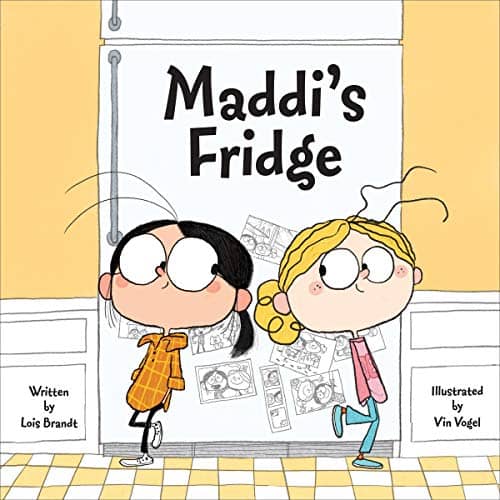
Maddi’s Fridge
by Lois Brandt, illustrated by Vin Vogel
Best friends Maddi and Sofia live in the same neighbourhood, but while Sofia’s fridge is full of nutritious food, the fridge at Maddi’s house is always empty. Filled with colourful artwork, this picture book addresses food insecurity, and includes six ways children can help fight hunger.
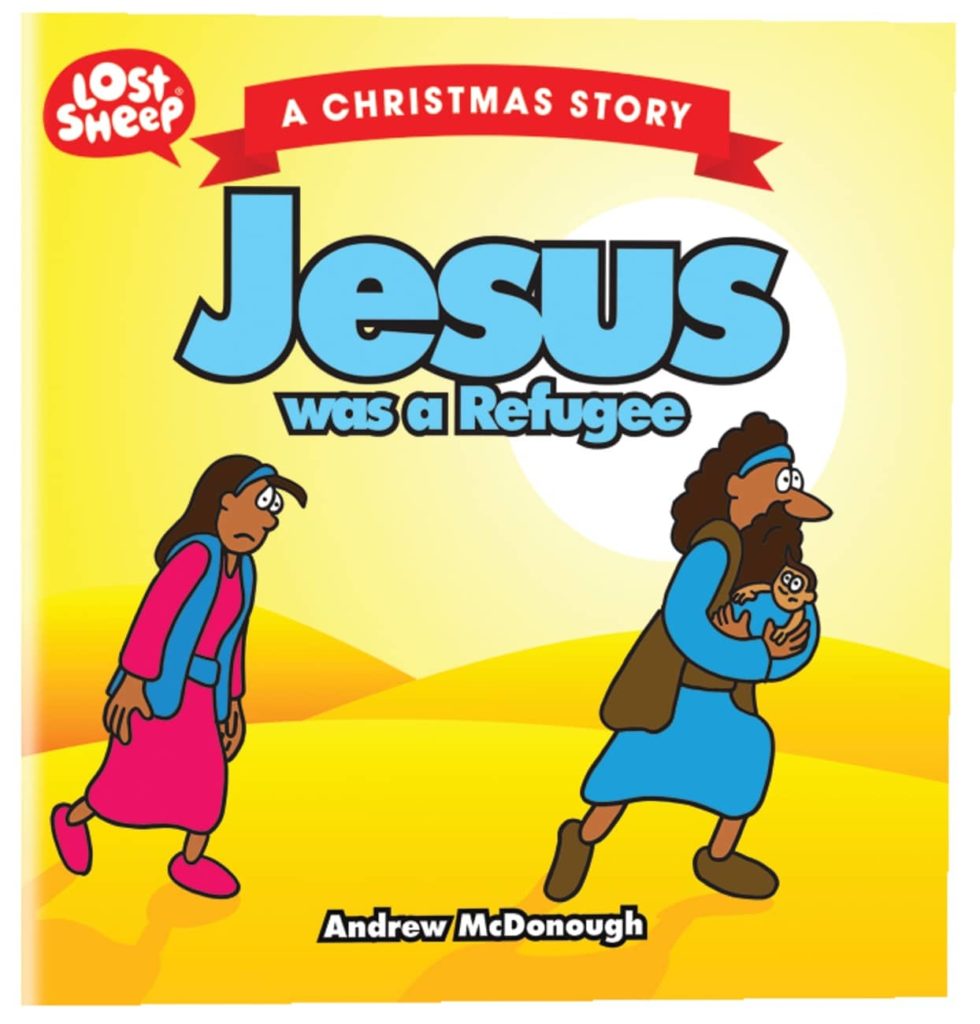
Jesus was a Refugee
by Andrew McDonough
Retelling the Christmas story in Matthew 2:1-23, Andrew McDonough invites readers to join Joseph and Mary as they flee Egypt to save their son. He connects the story of Jesus’ birth with the stories of over 36 million children around the world who have been forced from their homes.
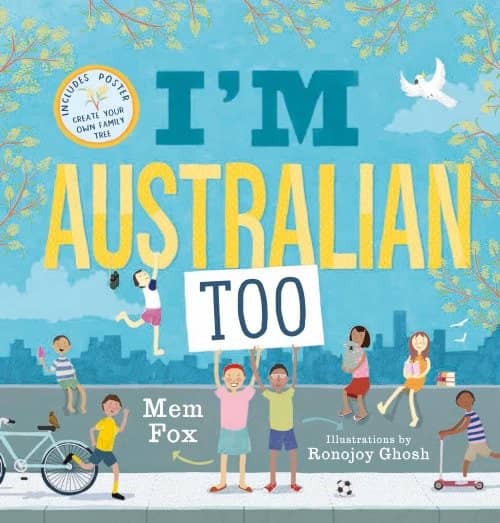
I’m Australian Too
by Mem Fox, illustrated by Ronojoy Ghosh
Many people from different places have made Australia their home, sharing it with our First Nations. The beloved Mem Fox celebrates Australia’s multicultural heritage in this beautifully illustrated book, ending with a challenge to welcome those who seek refuge from afar.
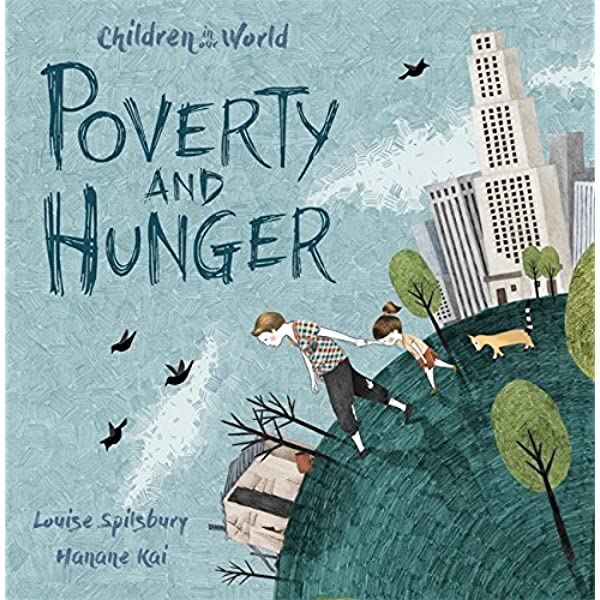
The Children in our World: Poverty and Hunger
by Louise Spilsbury, illustrated by Hanane Kai
Using relatable comparisons and striking yet sensitive pictures, this non-fiction picture book explains poverty and hunger, and how both issues affect children around the world. It’s part of a series that helps children make sense of the global issues that dominate the news headlines.
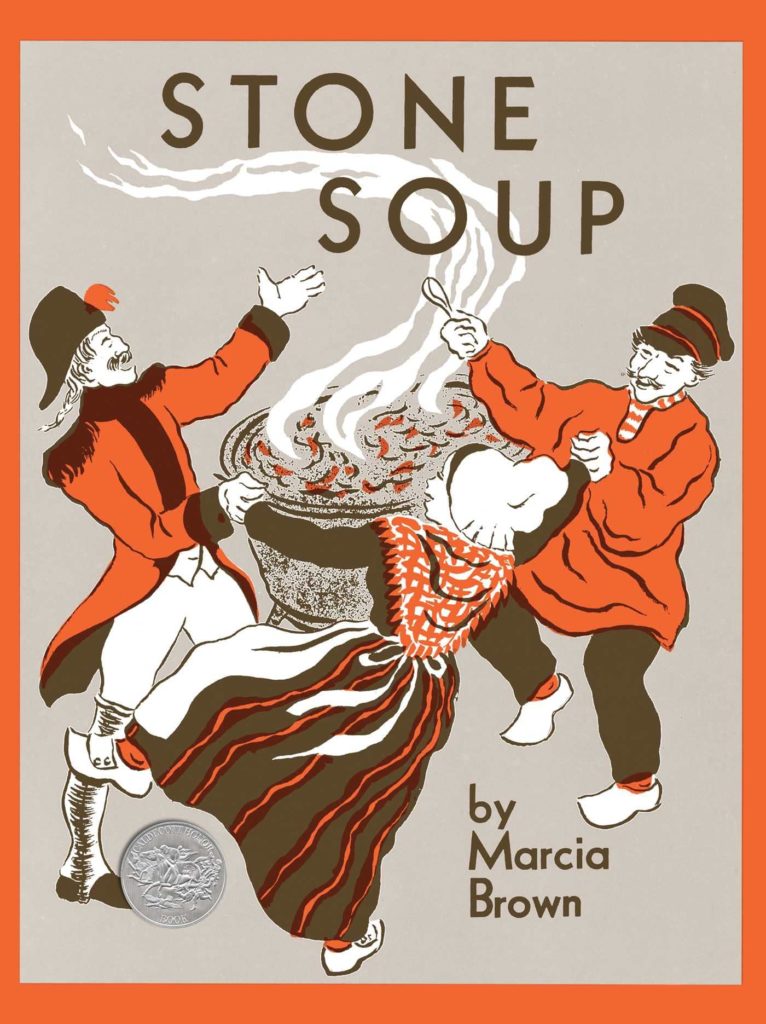
Stone Soup
retold by Marcia Brown
There are many versions of this 1947 French folktale, where three hungry soldiers teach an entire town how to make soup using just three stones (and a carrot, celery, a cabbage . . . ). This classic tale has an unassuming lesson about the power of sharing what you have, even when it doesn’t seem like much.
Older Readers (Ages 10+)
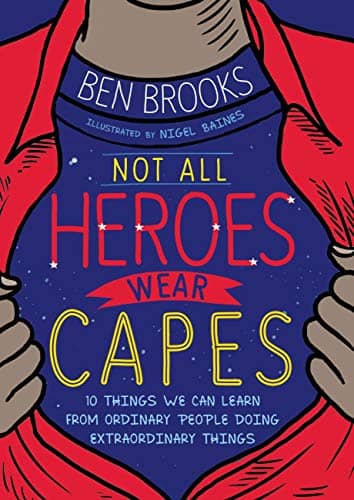
Not all Heroes Wear Capes
by Ben Brooks
Ben Brooks, author of the Dare to be Different books, reminds children that ‘heroes’ can be ordinary people. They cook for hungry people, nurse the sick back to health, or raise money to make the world better. Kids will enjoy comic-style illustrations as they are inspired to think about how their ‘superpower’ can help others.
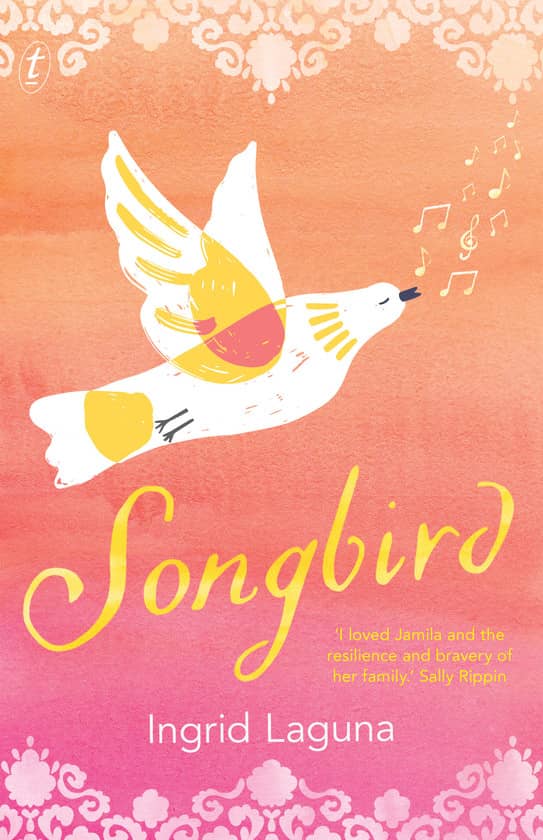
Songbird
by Ingrid Laguna
Jamila has left Iraq to start a new life in Australia, but it’s hard to settle in—especially as she worries for her dad’s safety. When she joins a choir, Jamila starts to find her place. Young readers will be inspired by her resilience, and learn about the power of friendship for those building a new home.
Young Adult (Teenagers)
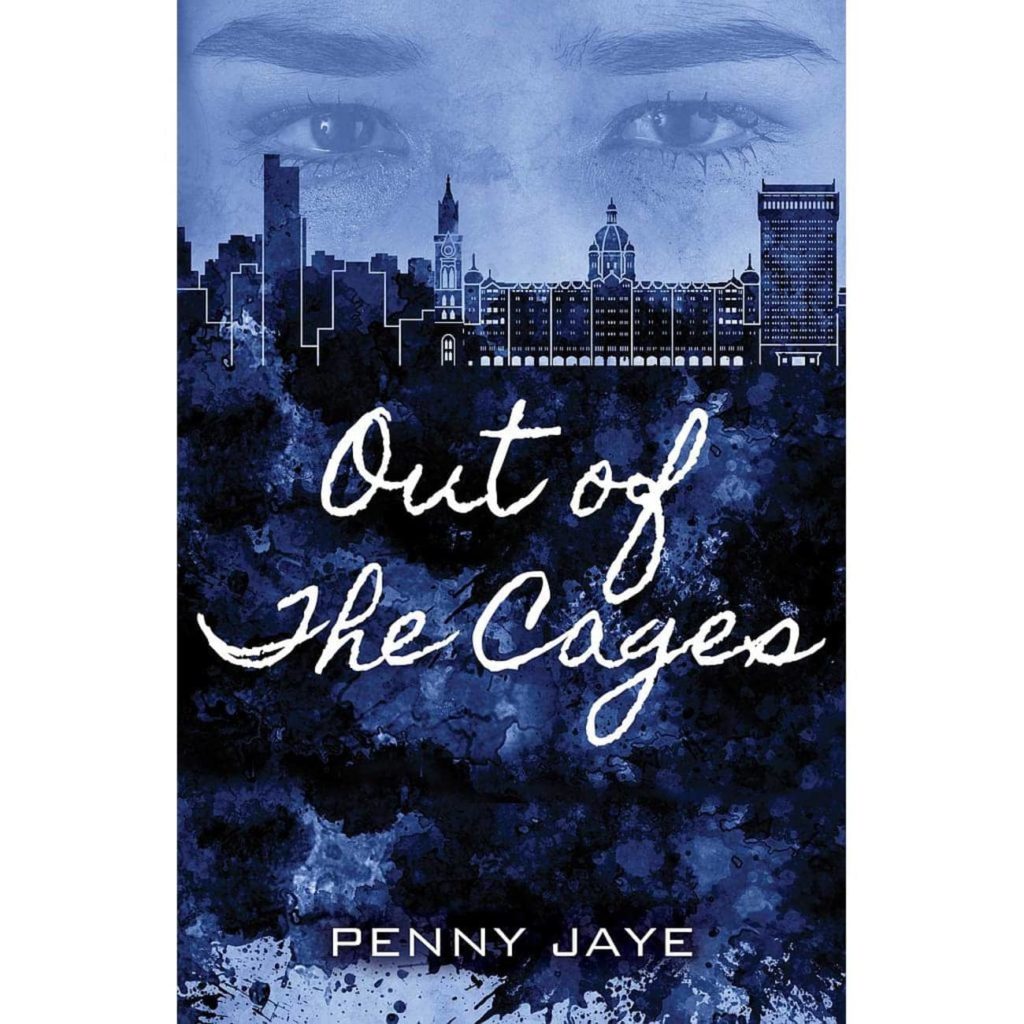
Out of the Cages
by Penny Reeve
Fifteen-year-old Meena has given up hope of escaping the brothel to her home in Nepal, until a police raid offers her a chance at freedom. This well-researched young adult novel by a Christian author follows two Nepali girls as they’re trafficked into India, helping older readers confront and understand modern day slavery.
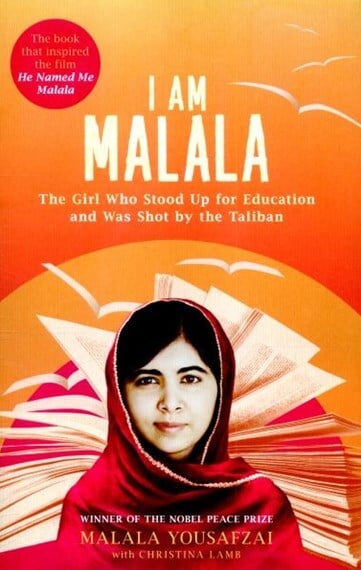
I am Malala
by Malala Yousafzai and Christina Lamb
When the Taliban took control of Malala’s hometown in Pakistan, she fought for her right to an education. She was shot but survived, and has now become a global symbol of peaceful protest, and the rights of girls. Malala’s memoir inspires action, giving older readers insight into the oppression girls around the world face every day.

To Kill a Mockingbird
by Harper Lee
This classic book gave birth to the famous quote, ‘you never really understand a person until you consider things from his point of view . . . until you climb into his skin and walk around in it.’ Told through the eyes of a child living in Alabama, older readers explore racial injustice, and what it means to stand up for what’s right.
Parents
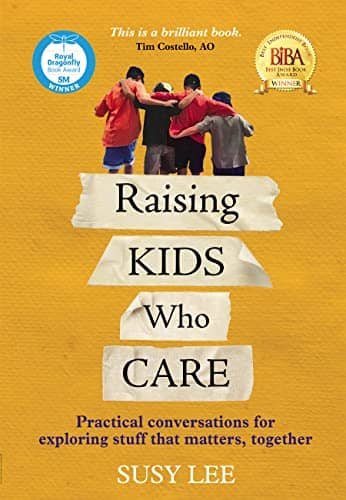
Raising Kids who Care
by Susy Lee
As children grow up in a culture saturated by consumerism, Raising Kids helps parents find a better way: one marked by compassion and contentment, driven by values and purpose. Lee takes families through 40 structured conversations about what influences us, and how to better journey through life and think beyond ourselves.



 Baptist World Aid
Baptist World Aid
